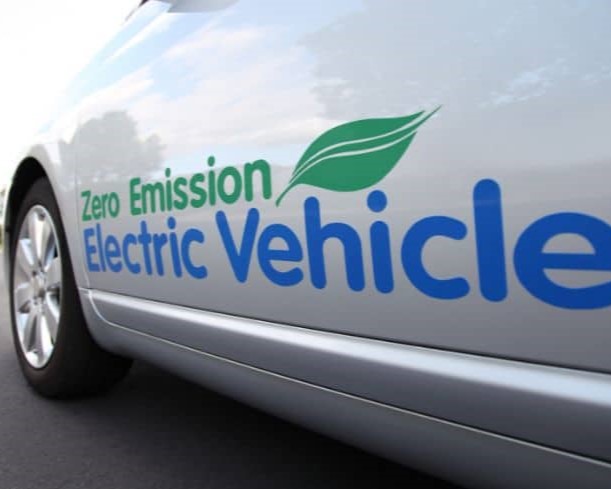Australia has taken a significant step towards embracing global standards for vehicle emissions with the release of a “preferred model” aimed at boosting the adoption of electric cars. This move comes as the country aligns itself with the majority of developed economies, setting the stage for a more sustainable and eco-friendly automotive future.
Closing the gap: Australia’s path to fuel efficiency standards
Last year, Australia, under its centre-left government, unveiled a roadmap for fuel efficiency standards, a policy designed to encourage manufacturers to introduce more electric vehicles (EVs) to the market. The policy, a part of the government’s commitment to climate reforms, aims to bring Australia in line with global practices.
Despite being a developed nation, Australia, alongside Russia, has been an outlier without established or developing fuel efficiency standards, as highlighted by the Labor government. The latest development signals a shift towards global norms, setting the stage for a more environmentally conscious automotive industry in the country.
Preferred model aligns with U.S. standards by 2028
In its recent announcement, the Australian government revealed its “preferred model” for the new standards. The favoured option is geared towards aligning Australia with U.S. emission standards by 2028, presenting optimal cost-benefit outcomes for Australian consumers. This choice indicates a commitment to international benchmarks, fostering a more globally integrated automotive landscape.
Cost benefits for Australian consumers
The proposed emission standards, expected to take effect from January 1, 2025, carry substantial benefits for Australian motorists. According to Energy Minister Chris Bowen, the new standards could result in saving motorists AUD 100 billion (USD 65 billion) in fuel costs through 2050. This emphasis on cost benefits adds a practical dimension to the push for emission standards, making it an appealing prospect for the average car buyer.
Bowen highlighted the broader aim, stating, “This is about ensuring Australian families and businesses can choose the latest and most efficient cars and utes, whether they’re petrol and diesel engines, or hybrid, or electric.” The inclusivity of this approach signifies a recognition of the diverse consumer preferences in the Australian market.
Elevating electric car adoption amid dominance of SUVs
While electric vehicle (EV) sales in Australia reached a record high in 2023, the market still sees a dominance of emissions-intensive trucks and sports utility vehicles (SUVs). The newly proposed standards seek to change this landscape, encouraging a more balanced market share for various vehicle types.
As electric cars gain popularity globally, Australia aims to leverage this trend to reduce emissions, especially since the transportation sector remains one of the country’s largest contributors to emissions. A higher uptake of electric vehicles aligns with the government’s ambitious target to cut emissions by 43% by 2030.
Paving the way for a greener auto future
Australia’s move towards establishing fuel efficiency standards marks a significant leap towards a more sustainable and environmentally friendly automotive future. The alignment with global practices, particularly U.S. standards, and the emphasis on cost benefits position the proposed standards as a pragmatic approach to drive change in the automotive landscape. As the country steers towards embracing electric vehicles, it not only keeps pace with global trends but also contributes to the broader goal of reducing emissions and building a greener future.



